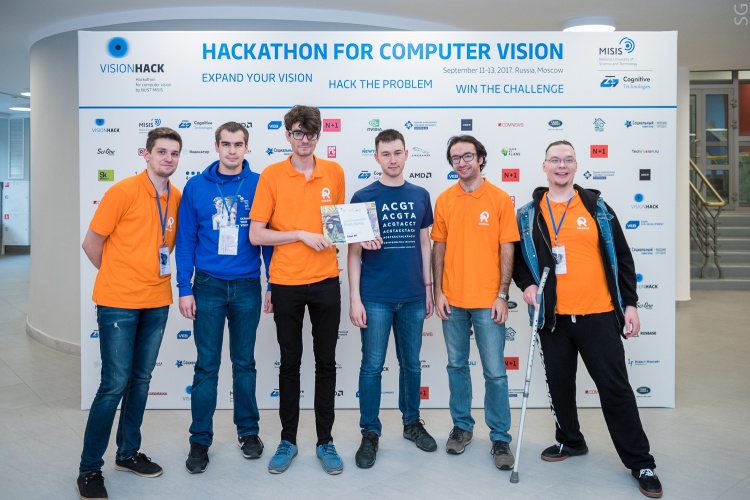A student of Innopolis University told about his studies at the Polytechnic University of Catalonia (UPC), learning Spanish and extreme Catalan hobbies.

I am Viktor Vasilenko, a student of Innopolis University. This year I took part in the academic exchange program with the Polytechnic University of Catalonia. It is my first trip abroad, and I am lucky to spend a whole semester in Spain.
Everything is different here: another university, different culture and people who enjoy noon breaks so much that can even afford drinking alcohol at lunchtime. The UPC’s Master's degree program in Artificial Intelligence is the only familiar matter here.
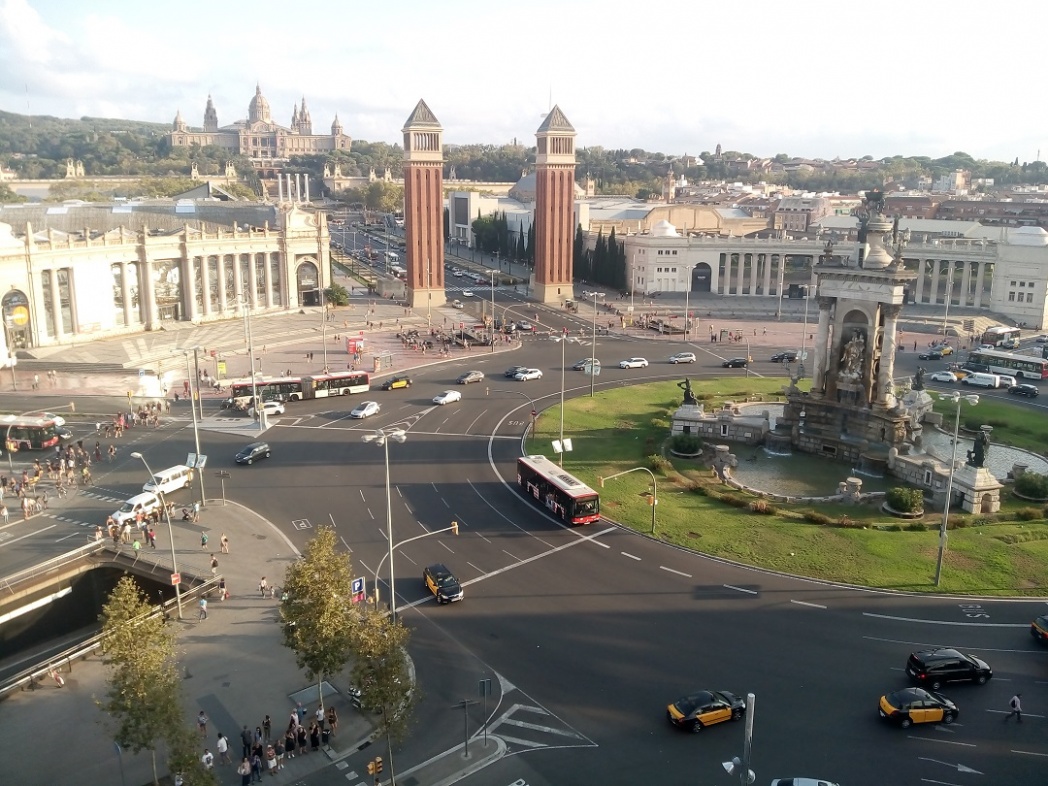
I went to Spain alone. I do not have any friends in Barcelona. Frankly speaking, I decided just to go there and act ad hoc without making any contacts in advance. I knew that there are many Russians in Barcelona, at least two people are from Innopolis University. One of them spends his exchange semester at the same university as I do, and the other one - at Harbour.Space, a University for Technology and Design.
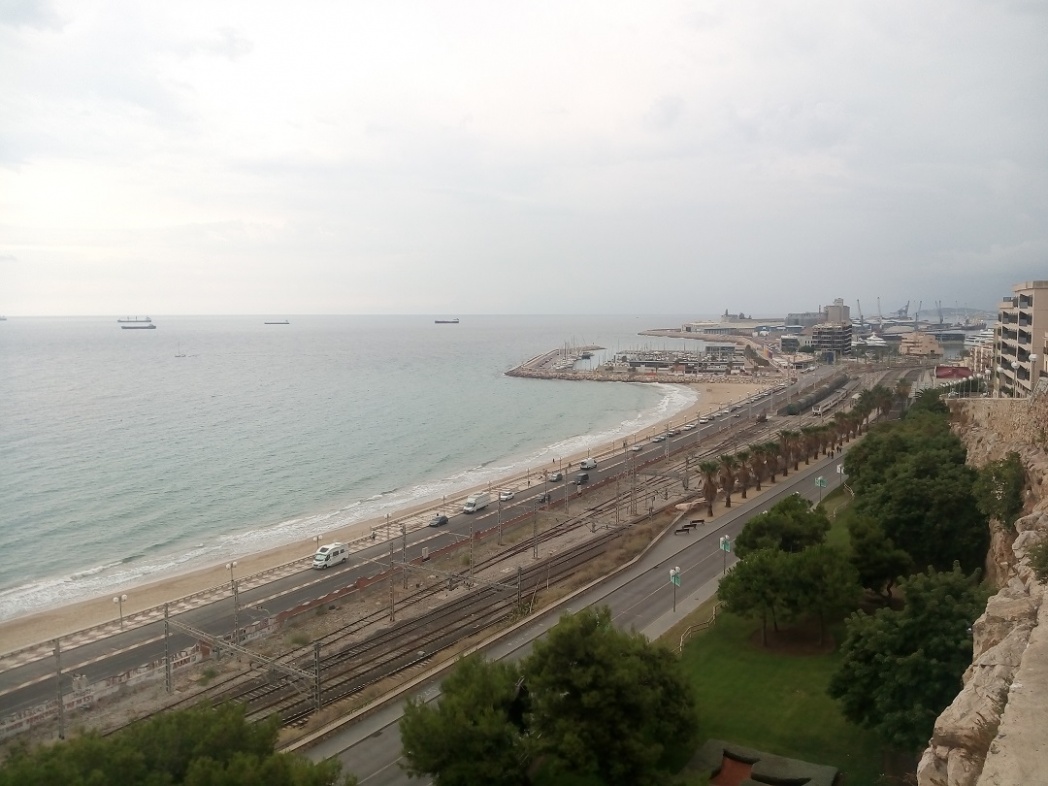
At the Barcelona airport, I was welcomed by the Buddy, a member of the same exchange program whose task is to help foreign students to adjust to a different cultural environment and get settled in a foreign country. During the first two weeks, I overwhelmed him with questions. The Buddy helped me to find accommodation – I rent a room in a three-room apartment. It is two times cheaper than living in a student hostel. The rent is 17 500-28 000 Rub. on average. Besides, you have your own private space and a chance to get in touch with interesting neighbours.
Spanish houses have a special planning: the kitchen is very small – it is only for cooking, and people usually have lunch at the living room which is rather spacious. At night, it is very quiet in the neighborhood where I live – like in Innopolis – so I get enough sleep even with my window open. There is an exit to the roof if you want to feast your eyes on gorgeous Barcelona or lay in the sun when it is hot outside.
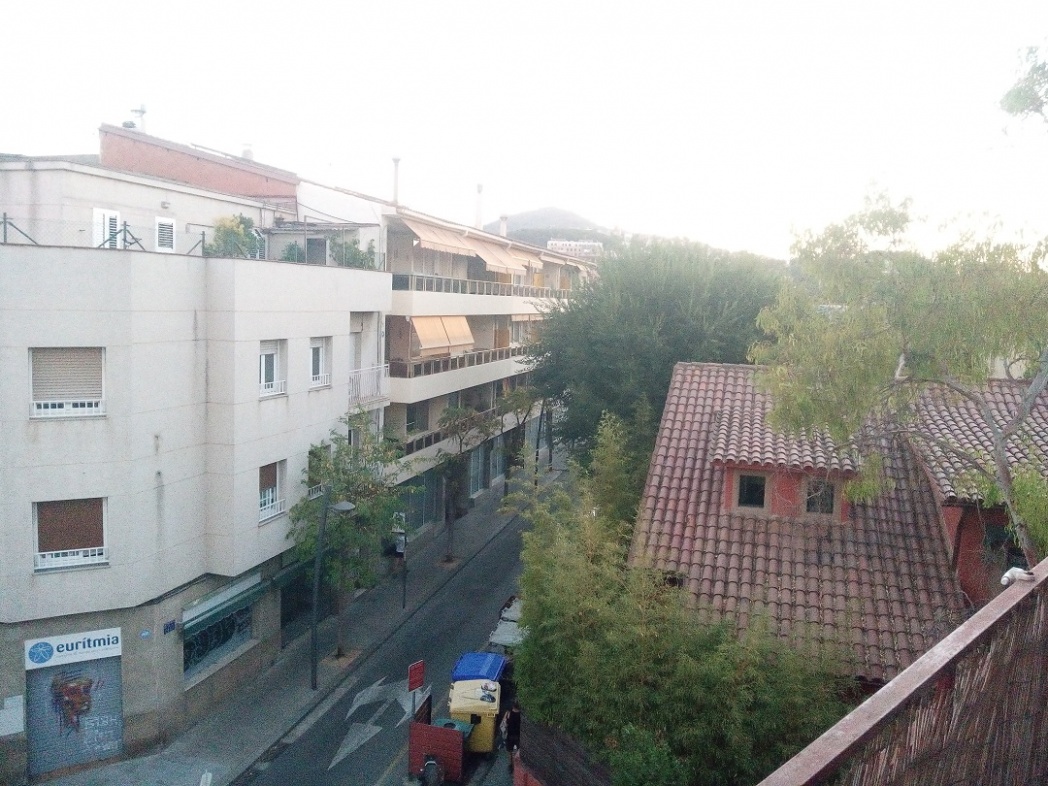
I am blessed with very good neighbors! Eric and Paul are from Norway, but they grew up in Catalonia. Both speak four languages — Catalan, Spanish, English, and Norwegian. Paul is interested in politics and philosophy. He made a research on military and economic conflict in the New Russia (Novorossiya), so we have a lot to talk about in the evenings.
Eric is also a UPC student, and he is the one who told me about castelles, or the human towers, that are traditionally built during festivals at many locations within Catalonia. People step on the shoulders and climb up and form 10 higher levels. A castell can reach a height of 5-storey building. Building castelles is very exciting! It is more a family activity: adult males form the lower part of the human tower are called pinya, while the upper levels are built by younger castellers of smaller height and weight. When I took part in the castell building for the first time, a 5-year-old girl climbed up to the seventh level of the tower. I was among those forming the bottom base of the tower and people stepped on my shoulders to reach the upper levels. The castellers have 3-meter long leather belts wrapped around the waist that help to sustain the weight of the tower avoiding extra tension on the back, and serve as an additional step for those climbing to the top.
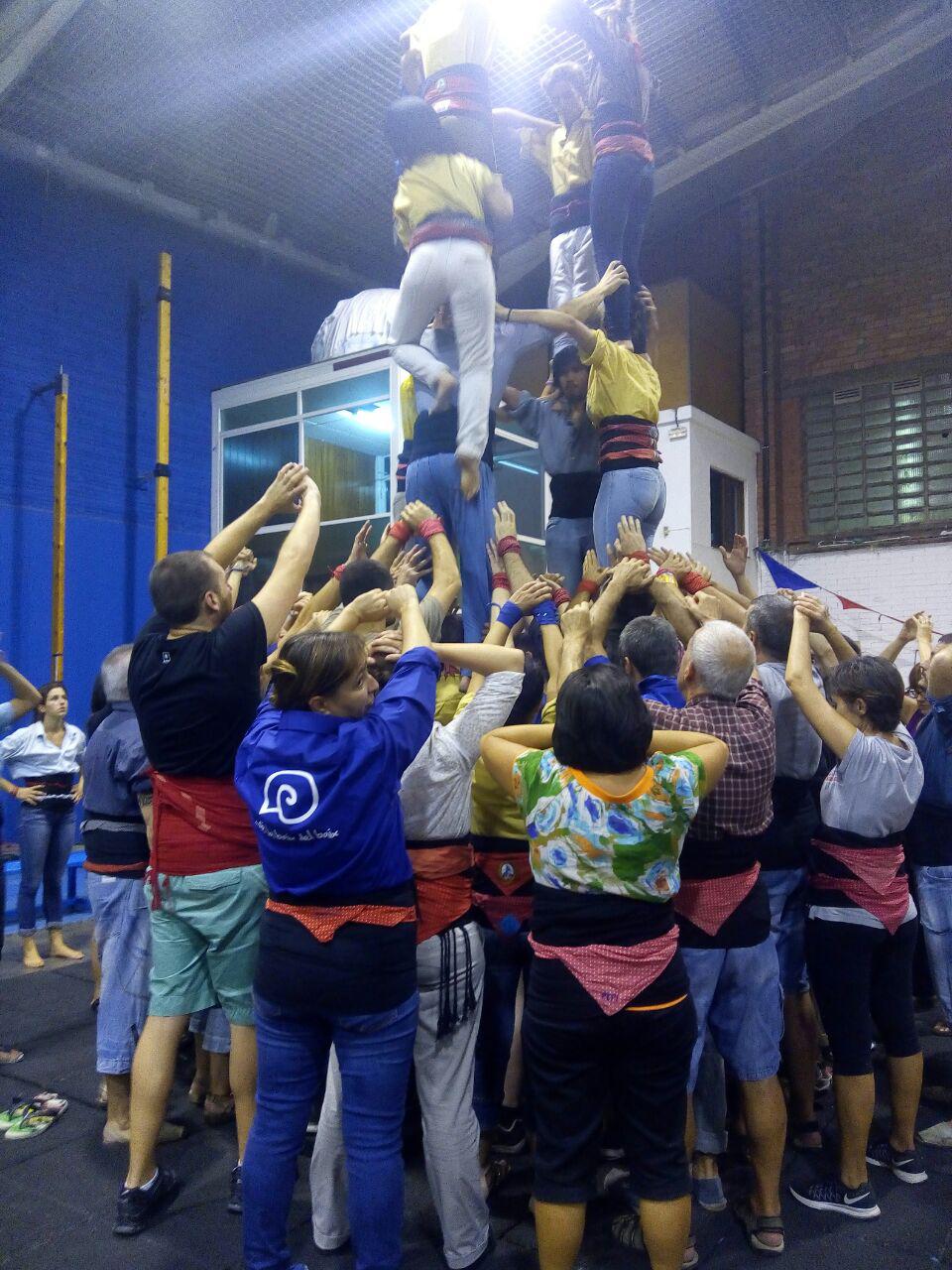
Those who are interested in building of human towers gather in an old hangar rented at the expenses of the local municipality. The training area is equipped with mats and two-level safety nets. The latter have a round hole cut out in the middle to fit in the pinya, the bottom of the tower. In case of an accident, castellers fall on the first and second level of the tower which is safe enough.
It is interesting that during the training no one gives commands forcing other to start building the tower. The coach simply screams out in Catalan: "first level", "second level!" and so on, and people come up to the tower once they hear the level they build. Until then, castellers just walk around hangar and talk to each other. Being a member of the pinya, I made a part of the tower from the very beginning. Honestly, I understood nothing of what the coach was yelling out because I did not speak Catalan back then. So, I was doing what other castellers did. So far, I have taken part in this exciting activity just once, because I do not have enough free time.
I spend all days studying at the Polytechnic University of Catalonia. There are only two programmes delivered in English. Meanwhile, everyone who studies at any of these has to choose courses and make their own curriculum. My program looks as follows: it consists of Robotics courses to 4/6 and of disciplines in Data Science, including genetics, and a mathematical course on Kernel-Based Machine Learning to 2/6. I enjoy the fact that students have an opportunity to decide what courses to take. In addition, you can select courses from the first and the second year of Master's degree programmes. I am particularly grateful to Sergey Karapetyan from the Office of International and Academic Cooperation of Innopolis University for his assistance in approval of my curriculum.
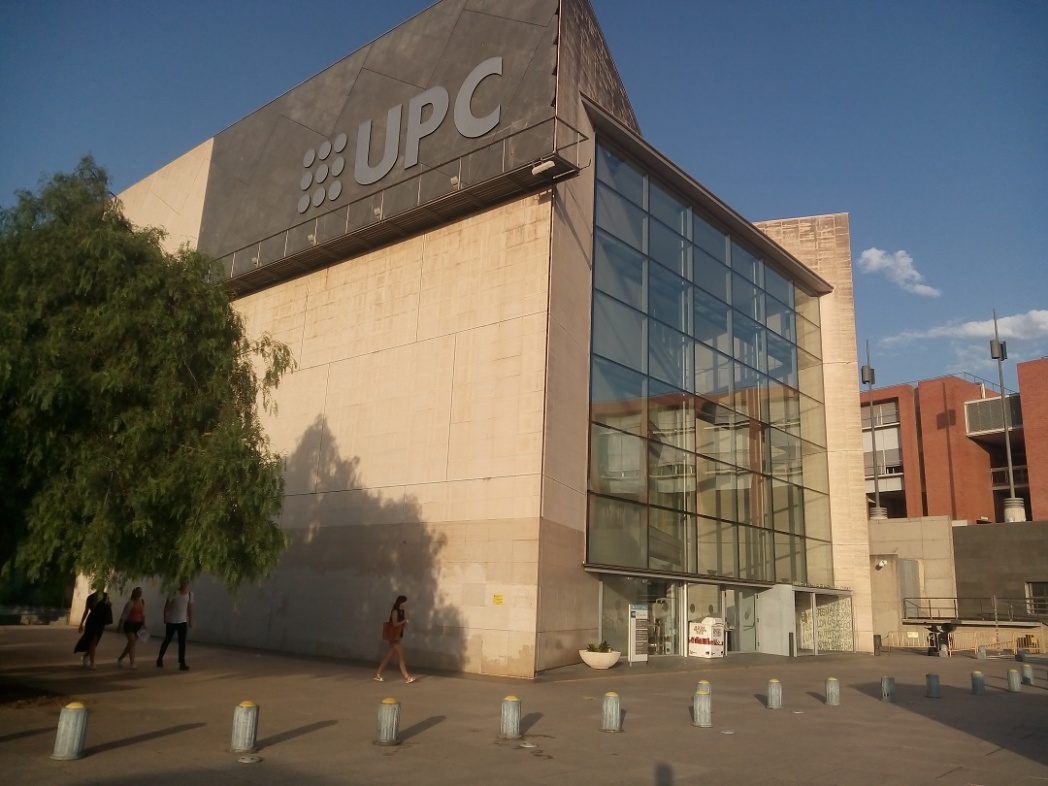
The UPC program includes many mathematical disciplines, it is hard to study and sometimes I feel awfully tired of all these theorems and equations. But when I make an effort and solve another complicated task, it makes me happy and studies seem more appealing. I am sure that mathematics will be helpful in the future. Last year Grigory Bakunov from Yandex visited Innopolis University with a lecture. He told that being a programmer in 1980-90s was easy — it was enough to learn any programming language. Now it takes a good knowledge of mathematics. I agree that modern software engineers willing to create something new need to make their own algorithms based on mathematics rather than programming.
I study with fellow exchange students from South America, Mexico, Europe, Turkey, China, India and Japan. In contrast to Innopolis University, the faculty members at UPC are mostly local professors and PhDs. Apparently, they are not native English speakers, and the core language used at the University is not Spanish — 60% of Bachelor's degree courses are delivered in Catalan. Master's degree programs are taught in English. I had to adjust to accents of local professors in order to understand them.
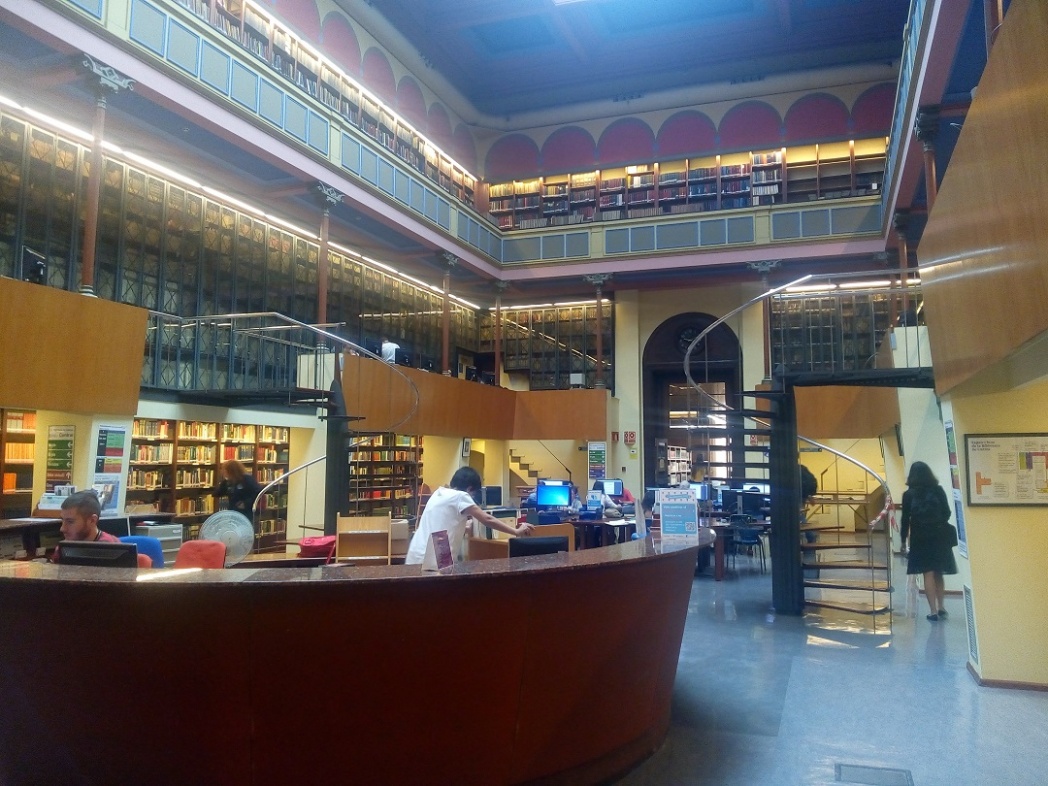
The Buddy Program includes special events helping students to connect with each other. Our Buddy group have already visited the National Art Museum of Catalonia, organized an evening of national cuisine and took part in a quest on the history of Barcelona in the center of the city. Sometimes it is hard to focus on studies here. Barcelona is famous for numerous festivals taking place every week. Besides, there are 10 social network groups for exchange students that post information about parties and get-togethers. I attend some occasionally. People just come to relax, enjoy music and dance. We have fun, talk and make friends.
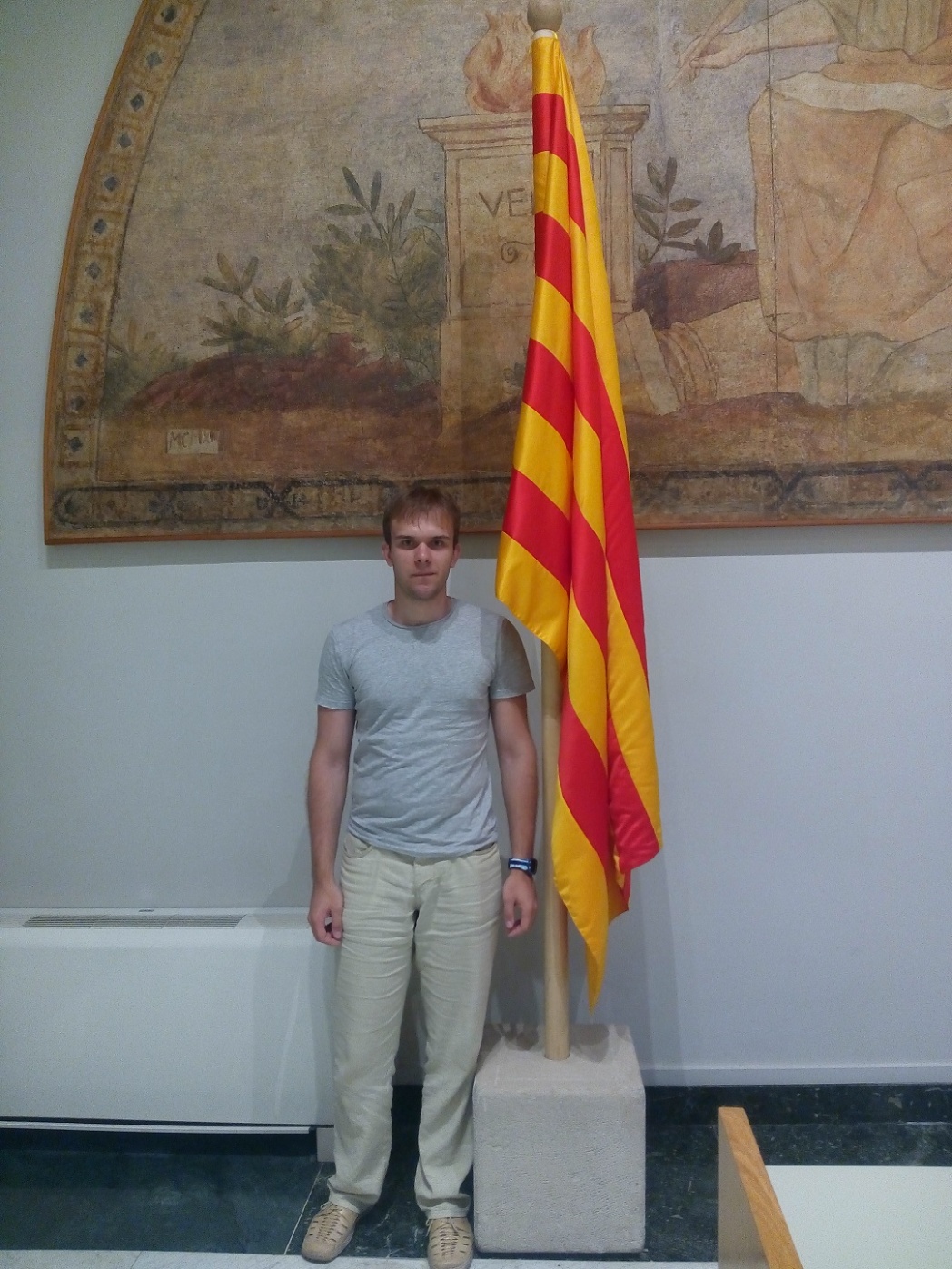
So far, I have spent 70 hours on learning Spanish and built up my vocabulary. I keep learning Spanish and Catalan which makes an integral part of all areas of life in Barcelona. I can easily talk to the locals, ask them how to find the nearest café or a subway station or learn the price of a product in a store.
Speaking of the latter, most of goods here are 2-3 times more expensive than in Russia. In terms of money, a lunch in a local café or a small restaurant will cost you 300-600 Rub. The price of the unlimited travel card for 3 months is 7000 Rub., and a bottle of milk is 100 Rub. A student should have at least 50 000 Rub. to feel comfortable.
Spanish daily routine is different from the one in Russia. All stores or service centers are closed on Sundays — people enjoy the holiday. The locals prefer riding motorcycles and bicycles to other means of transport which is natural considering a hot climate and weather conditions.
